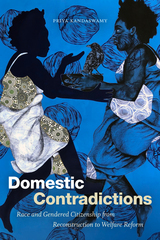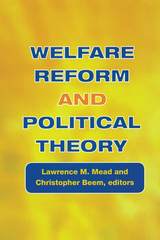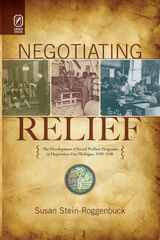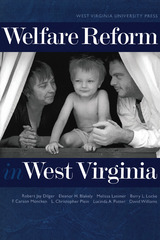Paper: 978-0-87840-892-4
Library of Congress Classification HV95.W574 2002
Dewey Decimal Classification 362.50973
Now that responsibility for welfare policy has devolved from Washington to the states, Pamela Winston examines how the welfare policymaking process has changed. Under the welfare reform act of 1996, welfare was the first and most basic safety net program to be sent back to state control. Will the shift help or further diminish programs for low-income people, especially the millions of children who comprise the majority of the poor in the United States?
In this book, Winston probes the nature of state welfare politics under devolution and contrasts it with welfare politics on the national level. Starting with James Madison's argument that the range of perspectives and interests found in state policymaking will be considerably narrower than in Washington, she analyzes the influence of interest groups and other key actors in the legislative process at both the state and national levels. She compares the legislative process during the 104th Congress (1995-96) with that in three states — Maryland, Texas, and North Dakota — and finds that the debates in the states saw a more limited range of participants, with fewer of them representing poor people, and fewer competing ideas.
The welfare reform bill of 1996 comes up for renewal in 2002. At stake in the U.S. experiment in welfare reform are principles of equal opportunity, fairness, and self-determination as well as long-term concerns for political and social stability. This investigation of the implications of the changing pattern of welfare politics will interest scholars and teachers of social policy, federalism, state politics, and public policy generally, and general readers interested in social policy, state politics, social justice, and American politics.
See other books on: Decentralization in government | Maryland | North Dakota | Public welfare | States
See other titles from Georgetown University Press


























